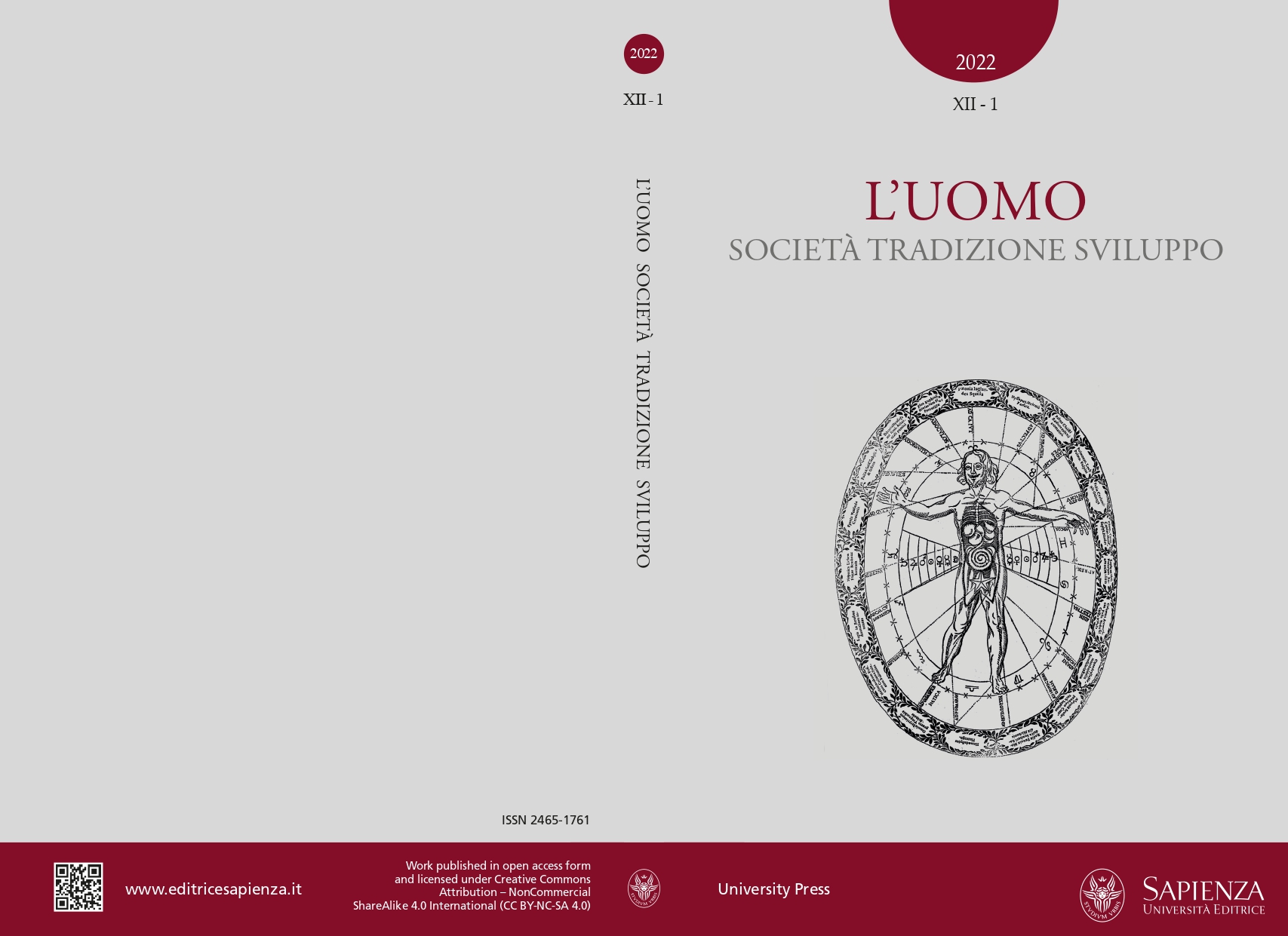Mboga e masika
Culinary orders and atmospheric dis-orders among edible leaves in Tanzania
Keywords:
Tanzania, leafy vegetables, climate changes, markets, uncertaintyAbstract
In the setting of neoliberal agricultural policies in Tanzania the commercialization of new food products and the emphasis on the access to non-local markets have engendered an inevitable decrease in the cultivar and a fast change of leafy vegetables production and consumption. These practices have been historically present and, especially in semi-arid areas such as the Dodoma region, have always contributed to the empowerment of the strategies to face the erratic rain season (masika) and the ever-changing atmospheric modifications, which nowadays are even more accelerated. The analysis of the culinary order and of the climate disorders, as seen from the standpoint of the leafy vegetables (mboga), enables to open new scenarios of interpretation that help to connect local agricultural knowledge, the ability of «reading the sky», the fiduciary and moral exchanges as well as the marketing gender relationships. Food expertise of local mboga, side dish of ugali, also refer to the knowledge of the rain season, and of its new irregularities and uncertainties within the process of global warming: the cultivar diversification and the promotion of different leaves have always been ways of «resilience to climate changes», since the masika has always been a source of uncertainty as well as of relative abundance, as it has been at the core of the same political and ritual structures of the past.


